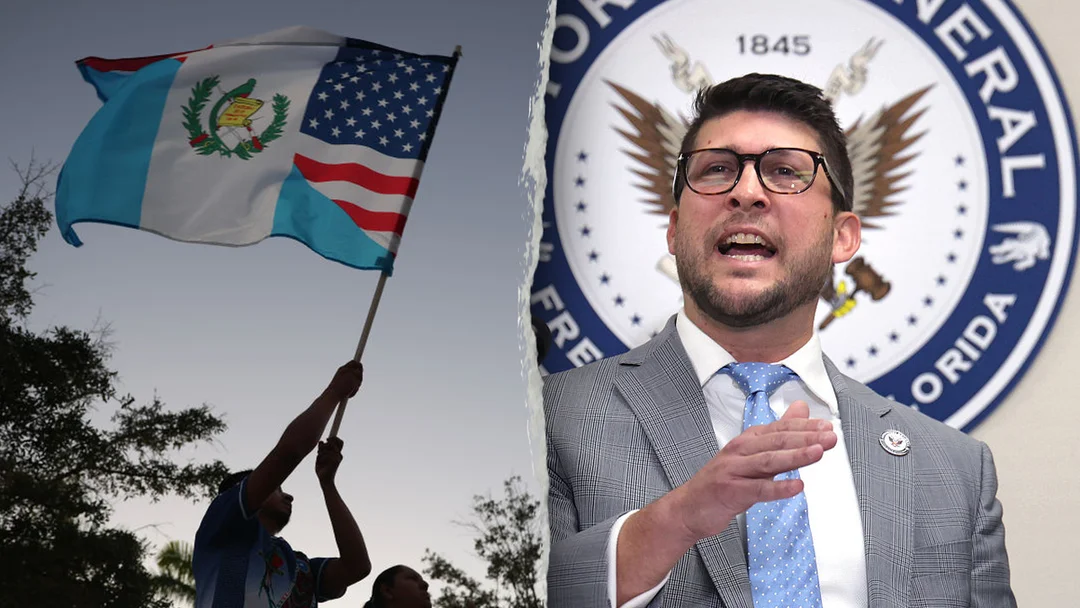
Is Defying Federal Judges Undermining American Democracy?
In a heated clash over immigration enforcement, Florida's top officials are challenging a federal judge's authority, raising serious questions about the checks and balances in U.S. governance. This standoff highlights the tension between state rights and federal oversight, potentially setting a dangerous precedent for how laws are enforced nationwide.
Federal Judge Kathleen Williams, appointed during the Obama era, recently blocked a new Florida law that criminalizes unauthorized entry into the state for undocumented immigrants. The law, passed in a special session in February, aimed to empower state and local law enforcement to assist in immigration enforcement. However, Williams ruled it unconstitutional, arguing that only federal authorities have the power to regulate immigration under the Supremacy Clause of the U.S. Constitution.
Florida Attorney General James Uthmeier has openly defied this order, instructing law enforcement agencies like the Florida Highway Patrol to continue arrests. In a fiery statement to Fox News, Uthmeier declared, "Florida cops don't need my permission to do their jobs," emphasizing that the judge's ruling doesn't apply to non-parties in the lawsuit. Echoing this sentiment, Governor Ron DeSantis defended Uthmeier, stating that the judiciary should not overstep its bounds and try to enact policy. DeSantis argued that public policy should be decided by elected officials, not "unelected lifetime-appointed judges."

This defiance isn't isolated. It mirrors actions by the Trump administration, which has previously called for impeaching judges who rule against its policies, such as U.S. District Judge James Boasberg. Critics argue that such moves erode the judiciary's independence, a cornerstone of American democracy. As Chief Justice John Roberts once noted, disagreements with judicial decisions should be resolved through appeals, not contempt.
The situation escalated when Uthmeier's office appealed to the 11th Circuit Court, seeking to allow continued enforcement while litigation proceeds. Reports indicate that despite Williams' order, arrests continued, including an erroneous one of a U.S. citizen, which drew widespread condemnation. This has sparked debates about the potential for state laws to conflict with federal mandates, possibly leading to widespread confusion and legal chaos.
Analysts point out that while Florida's actions may rally political support, they risk weakening the rule of law. By labeling judges as "activist" or illegitimate based on disagreements, officials could encourage a pattern where governments selectively follow court orders, threatening the balance of power. As one editorial in the Miami Herald put it, "Is it good for our democracy?" The answer seems to hinge on whether short-term political gains outweigh long-term institutional stability.
In summary, this Florida immigration battle underscores the fragility of democratic norms amid polarized politics. It prompts us to consider: How far should states go in challenging federal authority? We invite readers to share their thoughts in the comments below and discuss the implications for America's future.